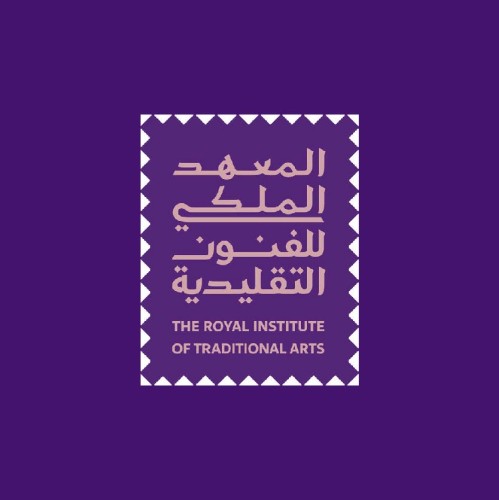Open until 11:30 pm
How can immersive experiences affect students learning?
Students engaged in creative learning formats often find the experience more enjoyable and immersive. It fosters critical thinking, problem-solving, and innovation as they explore concepts in unconventional ways. This approach encourages collaboration, self-expression, and a deeper understanding of the subject matter, making learning a more holistic and memorable endeavour.
Engaging in creative learning formats positively impacts students outcomes and skills. It cultivates many skills, including creativity, adaptability, and effective communication. Students tend to retain information better when learning is interactive and hands-on, leading to a deeper understanding of the material. Additionally, they develop problem-solving abilities, critical thinking, and a willingness to take on challenges, preparing them for real-world situations beyond traditional academic settings.
By integrating creativity into education, students will gain knowledge and develop an appreciation for diverse perspectives and creative expression. This approach could help nurture a generation of individuals with a broad understanding of culture, enhanced communication skills, and the ability to think innovatively.
Speakers




